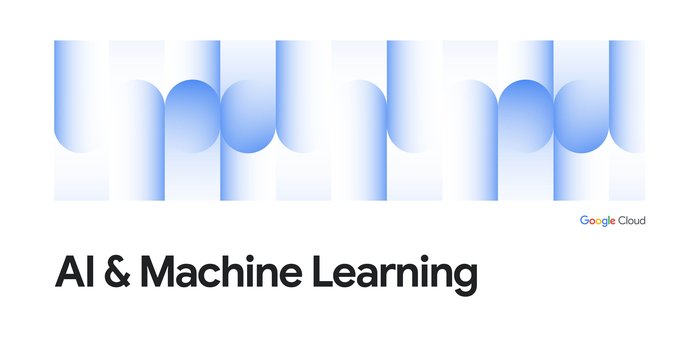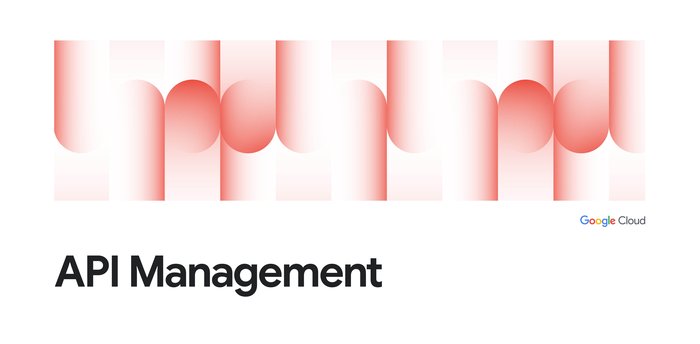Faster, more powerful apps for everyone: What happened at Next OnAir this week

Dain Hansen
Marketing Director, AI and Data Cloud
Week nine of Google Cloud Next ‘20: OnAir is in the books—and what a week it was! From Google Cloud GM/VP Amit Zavery’s keynote to product announcements to customer demos to Google SVP Urs Hölzle presentation and Q&A, we explored multiple ways enterprises are leveraging APIs and no-code application development to accelerate their digital transformations. There was a lot to absorb, so let’s take a look back.
Key announcements from the week
We introduced our investment in the category of business application platform, which makes it easier for enterprises to create and extend applications, build and automate business processes, and connect and modernize legacy applications.
Leveraging not only Apigee API management and AppSheet no-code development but also Google Cloud’s machine learning capabilities, our business application platform both helps traditional IT to do more with APIs and empowers line-of-business employees to create apps and automation without having to write code. All of this of course comes with robust governance tools and security protections. We can’t wait to see what the business application platform helps you to build.
We also announced the beta release of API Gateway, a fully-managed service that lets developers build, secure, and monitor APIs for Google Cloud workloads and serverless backends. Serverless APIs are becoming more popular, and this solution will help developers to begin sharing their APIs with collaborators without having to worry about infrastructure considerations.
AppSheet, our no-code solution, also unveiled two new capabilities to enable non-technical workers to create even more powerful apps and business process optimizations, all in the same unified platform. Apigee datasource for AppSheet lets AppSheet users harness Apigee APIs. This not only opens up practically infinite new data sources for no-code apps but should also help enterprises address backlogs for line-of-business apps. AppSheet Automation offers a natural language interface and contextual recommendations that let users automate business processes, capabilities that will help enterprises reduce time-consuming and error-prone manual processes.
We’re excited for these new products to help our customers, and as Amit noted during his keynote, we have much more in the works. Over the next 12 months, we’ll be doubling down on supporting multi-cloud and hybrid deployment models and further integrating ML capabilities. Enhancements to support continually-evolving DevOps needs are planned, such as increased support for serverless workloads, and security and compliance improvements are of course in the works too. Above all, we’ll be focused on helping customers to more easily build applications, manage digital assets, drive efficiency, and extract insights from data.
Demos to accelerate digital transformation
Much of week nine focused on making application development easier and faster, both for traditional developers and the new breed of no-code citizen developers—and there’s nothing like a demo to help visualize what we mean by “easier and faster.”
We launched several demos this week, including:
No-Code App Development with AppSheet, which explores how AppSheet lets employees build mobile and desktop apps without having to write any code
Open Banking, Powered by Apigee API Management, which investigates how externalized APIs can fuel digital transformation, with a particular focus on the banking industry
Apigee: Full-lifecycle API Management, which overviews the ins and outs of API management
Market Data in the Cloud, which shares how CME Group uses real-time data and Google Cloud's analytical tools to support trading operations in futures markets
Best practices from Google Cloud customers
One of the most valuable parts of any conference is hearing best practices from peer companies who’ve battle-tested products and strategies in the field. Week 9 featured a wide range of Google Cloud customers who shared a wealth of information for navigating digital transformation, including:
HP Inc. discussed their focus on developer experiences, which included the creation of a definitive catalog of APIs for both internal and external developer communities
T-Mobile joined us for two sessions: in one, they explored how APIs can be infused with AI and ML technologies and performed a demo to overview API management best practices; and in the other, they explained how API management and a service mesh work together in modern cloud-native architectures
Gap revealed how it achieved exponential growth in API adoption through a self-service, low-friction developer portal
Australian Energy Market Operator (AEMO) detailed their API-driven open data hub for the energy space
Pizza Hut shared how it has used APIs to modernize its platform
BHI discussed how it used AppSheet and other Google Cloud products to completely overhaul its document-sharing and collaboration infrastructure, and to empower line-of-business workers to build no-code apps for tasks like construction site inspections
What’s next
Week 9 concludes Google Cloud Next ‘20: OnAir. We’ve covered a lot of ground, from infrastructure, security, and databases to machine learning, collaboration, and APIs—and we can’t wait to see how you put it all into practice. And for our customers in Europe, Middle East, and Africa, we’re kicking off Google Cloud Next OnAir EMEA on Sep 29 with more than 30 new sessions over 5 weeks specially tailored to the region—learn more on our website.
Thank you to everyone who joined us, both this week and over the last two months. And if you missed any sessions, or just can't get enough and want to review, be sure to check out the Next OnAir sessions page, where you can access all the recordings.



